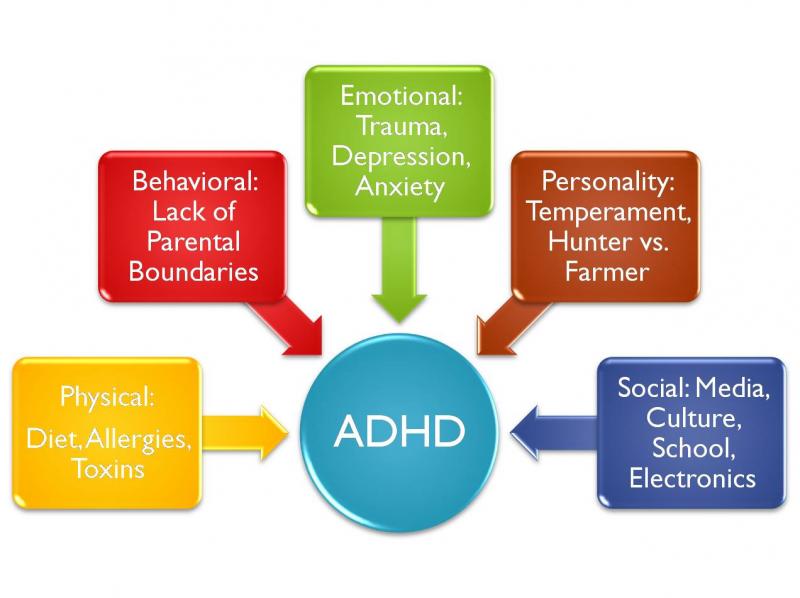What Causes You To Develop Adhd
Attention Deficit Hyperactivity Disorder (ADHD) is a common neurological condition that affects children in the United States. According to recent statistics, around 11% of children are diagnosed with ADHD. This condition can affect a child's ability to concentrate and can lead to hyperactivity, impulsive behavior, and other related symptoms.
The Causes of ADHD
While the exact cause of ADHD is not fully understood, scientists believe that it is caused by a combination of genetic, environmental, and neurological factors. Some studies suggest that certain genes may be linked to the development of ADHD. However, research also shows that environmental factors, such as exposure to toxins and poor nutrition, may also play a role in the development of this condition. Neurological factors, including brain injury and abnormalities, are also thought to contribute to ADHD.
The Symptoms of ADHD
Children with ADHD may have difficulty paying attention and staying focused. They may also have trouble following instructions and completing tasks, as well as difficulty with organization. In addition to these issues, children with ADHD may exhibit hyperactive behavior, such as fidgeting and excessive talking. They may also struggle with impulse control, which can lead to disruptive behavior, poor decision-making, and social problems with peers.

The Diagnosis of ADHD
Diagnosing ADHD can be a complex process that involves a comprehensive evaluation by a healthcare professional. The healthcare provider may use several diagnostic tools, such as rating scales and behavioral assessments, to determine if a child has ADHD. They may also consider the child's medical history, family history, and environmental factors before making a diagnosis.
The Treatment of ADHD
ADHD can be managed with the help of several treatment options. Healthcare providers may prescribe medications, such as stimulants or non-stimulants, to help reduce symptoms of ADHD. Behavioral therapy, including parent training and social skills training, can also be helpful in managing this condition. In addition to these interventions, simple changes to a child's routine, such as making healthy lifestyle changes, can also be effective in managing ADHD.

Conclusion
ADHD is a common condition that affects many children in the United States. While the exact cause of this condition is not yet fully understood, researchers believe that it is caused by a combination of genetic, environmental, and neurological factors. The symptoms of ADHD can be managed with a variety of treatment options, including medication, behavioral therapy, and lifestyle changes. If you suspect your child may have ADHD, it is important to seek a comprehensive evaluation from a healthcare professional.